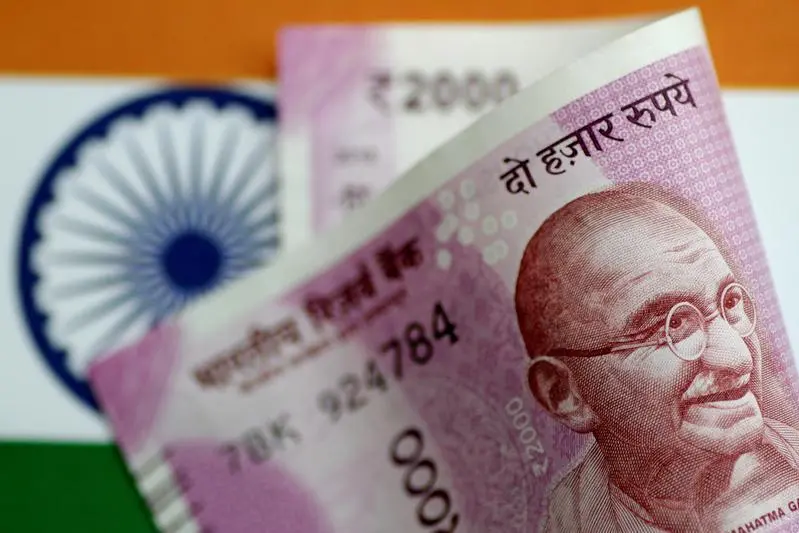PHOTO
India's "mini-demonetisation", via the withdrawal of 2000-rupee currency notes, has no monetary policy implications but may have political motivations, said Jefferies' Chris Wood.
In his weekly 'GREED & Fear', Wood said the note withdrawal is "officially being rationalised on the anti-corruption angle".
"But there is also a political motivation on the part of the incumbent Bharatiya Janata Party government in terms of opposition parties' funding activities. Elections are financed in India by godowns stuffed with cash," he wrote.
India will see a series of state polls this year and a general election in 2024.
The withdrawal of 2000-rupee notes is unlikely to be disruptive for the economy, analysts have said. Unlike the 2016 demonetisation, local banks have not seen a rush to deposit notes, but consumers have chosen to spend them on mangoes to luxury watches.
Wood remains "constructive" on India.
"The most obviously positive point, from a stock market standpoint, is that the monetary tightening cycle is all but over with inflation falling in recent months," he wrote.
Headline inflation in India has fallen to 4.7% in April and is seen dropping further to near 4% in May.
Wood sees average inflation of 5% this financial year and expects a cut in policy rates either later this year or next year.
With the monetary policy tightening cycle over, there is "no obvious near-term trigger for a further valuation de-rating save for a bout of external risk-off market action", he wrote.
Indian stock markets, on a one-year forward price-to-earnings ratio, is at 18x, slightly above the 10-year average of 17.4x, according to the note.
"Foreigners have also returned of late as net buyers of Indian equities as they have retreated again from China," said Wood.
After selling $4.5 billion worth of Indian equities on a net basis in the three months to February, foreigners have bought shares worth $7 billion on a net basis since March. (Reporting by Ira Dugal; Editing by Sohini Goswami)





















